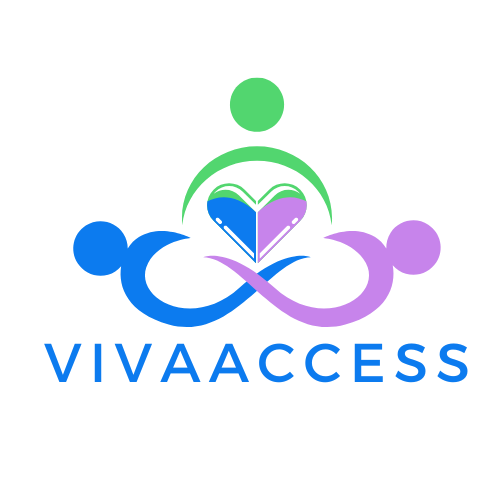Treatment of Intellectual Disability
The treatment of intellectual disability (ID) is multifaceted and aims to enhance the individual’s quality of life, independence, and overall well-being. Here’s an overview of the treatment approaches commonly used:
Individualized Support Plans: Each person with ID has unique strengths and challenges. Therefore, treatment plans should be tailored to meet their specific needs and goals. These plans often involve a multidisciplinary team, including educators, therapists, and healthcare professionals, working together to provide comprehensive support.
Educational Interventions: Specialized education programs are essential for individuals with ID to develop academic, social, and life skills. These programs focus on individualized learning strategies, adaptive curriculum, and the promotion of independence in educational settings.
Therapeutic Services: Various therapies, such as speech therapy, occupational therapy, and physical therapy, play a crucial role in addressing specific needs associated with ID. These therapies aim to improve communication skills, motor abilities, and overall functional independence.
Behavioral Interventions: Addressing challenging behaviors is often a key component of ID treatment. Behavioral interventions focus on teaching adaptive behaviors, reducing problem behaviors, and promoting social skills and self-regulation.
Medication Management: In some cases, medications may be prescribed to manage co-occurring conditions or symptoms associated with ID, such as attention-deficit/hyperactivity disorder (ADHD), anxiety, or mood disorders. However, medication should be used cautiously and monitored closely by healthcare professionals.
Family and Community Support: The involvement of family members and community resources is essential for the success of ID treatment. Support groups, respite care services, and advocacy organizations can provide valuable assistance, guidance, and emotional support to individuals and their families.
Promotion of Inclusion and Independence: Encouraging participation in community activities, promoting social inclusion, and fostering independence are vital aspects of ID treatment. Access to vocational training, supported employment programs, and recreational opportunities can enhance quality of life and promote self-esteem and self-determination.
Long-Term Planning: Planning for the transition to adulthood is crucial for individuals with ID. Long-term planning may involve exploring housing options, vocational training, guardianship arrangements, and accessing adult services and supports.
In summary, the treatment of intellectual disability requires a comprehensive, multidisciplinary approach that addresses the individual’s unique needs and promotes their full participation in society. Through a combination of education, therapy, support services, and community involvement, individuals with ID can achieve their full potential and lead fulfilling lives.







